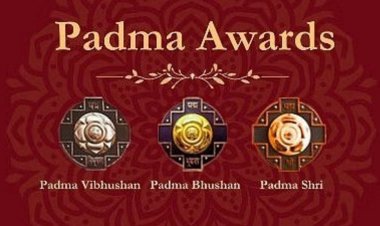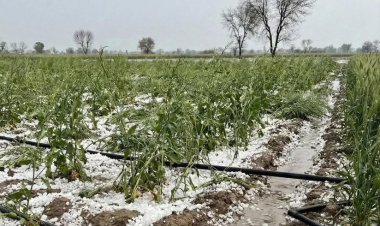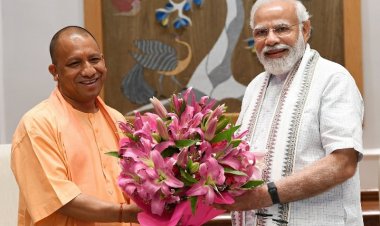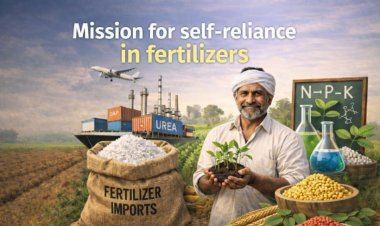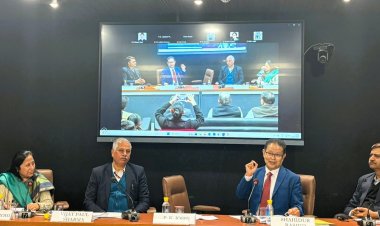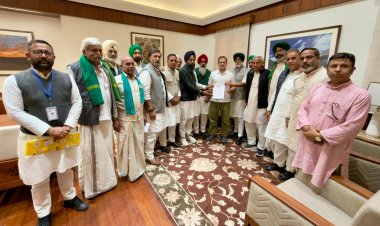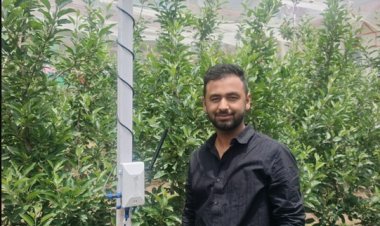Need of the hour: Bharat Ratna for father of the green revolution
Dr. M.S. Swaminathan, a man whose name became synonymous with progress, innovation, and the pursuit towards food security. The legacy of this remarkable individual, who devoted his entire life to the betterment of India's agricultural landscape, will undoubtedly resonate through generations
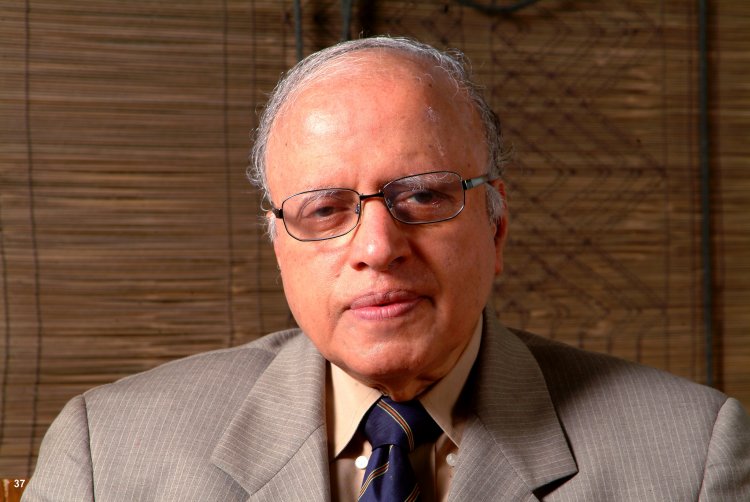
In the realm of agriculture, the passing of a visionary figure is a poignant moment for our nation. Today, we bid farewell to a true luminary, Dr. M.S. Swaminathan, a man whose name became synonymous with progress, innovation, and the pursuit towards food security. The legacy of this remarkable individual, who devoted his entire life to the betterment of India's agricultural landscape, will undoubtedly resonate through generations.
In addition to his ground breaking work, he played a pivotal role in shaping the future of agricultural research and development in India. Dr.Swaminathan was instrumental in the creation of the All India Agricultural Research Service (ARS), which facilitated collaborative research efforts among scientists from all corners of the nation. This networking of scientific minds laid the foundation for innovative solutions in agriculture, fostering a sense of unity among researchers dedicated to improving our agricultural landscape.
Furthermore, his commitment to bridging the gap between scientific discoveries and practical implementation led to the inception of the Lab-to-Land program. This visionary initiative sought to transfer agricultural technologies directly to farmers, ensuring that the benefits of research reached those toiling in our fields. It was a testament to his dedication to the welfare of India's farming community. Throughout his distinguished career, Dr. Swaminathan achieved what some might consider almost impossible.
Dr. Swaminathan's influence and leadership extended beyond India's borders. As Director General of the International Rice Research Institute in the Philippines from 1982 to 1988, he guided the institute to significant strides in rice research, benefiting the rice-growing regions worldwide.
Dr. Swaminathan's unwavering passion for India's progress was both contagious and inspiring. He possessed the rare ability to transform scientific knowledge into practical solutions, bringing hope and sustenance to those who toiled in our fields.
The awards and accolades he received during his lifetime bear witness to his exceptional contributions. From being the first World Food Prize laureate in 1987 to the Magsaysay award for community leadership in 1971, his global impact was undeniable. Recognitions such as the Elbert Einstein World Science Award, Indira Gandhi Prize for Peace, UNEP Sasakawa Environment Prize, and UNESCO Gandhi Gold Medal, among others, further highlighted his exceptional dedication to agriculture and rural development. The nation honored him with the Padma Bhushan and Padma Vibhushan for his immense contributions.
Dr. Swaminathan was not merely a scientist; he was a statesman who tirelessly advocated for the welfare of our farming community. As chairman of the Farmers Commission, he convinced the government to come up with the National Farmers Welfare Policy and recommended paying farmers MSP +50% of cultivation cost +C2. This earned him the respect and gratitude of the entire farming community.
Today, as we mourn his passing, the void left by this visionary is immeasurable. Dr. Swaminathan was a meticulous planner, a deeply respected figure whose love for the peasants and Indian agriculture was unwavering.
In closing, it is with a heavy heart that I reflect the wish of entire agricultural scientific community on the missed opportunity by India's decision-makers to have awarded him our highest civilian award, the Bharat Ratna. His contributions to make country self-sufficient in foodgrains, by introducing and breeding dwarf wheat varieties, had led to enhance production from 50 million tonnes in 1950 to now 330 million tonnes. Hence, from an importing country, India has become a major food exporter in the world. In Dr. M.S. Swaminathan, India has lost a great son of the soil. His achievements will continue inspiring young generation to strive for yet better future for Indian agriculture.
The entire agricultural scientific community is mourning his demise, and we offer our prayers for eternal peace to his noble soul.
(R.S. Paroda is a Padma Bhushan Awardee and Former DG ,ICAR, and Secretary, DARE, Govt of India; President, TAAS New Delhi)



 Join the RuralVoice whatsapp group
Join the RuralVoice whatsapp group


















